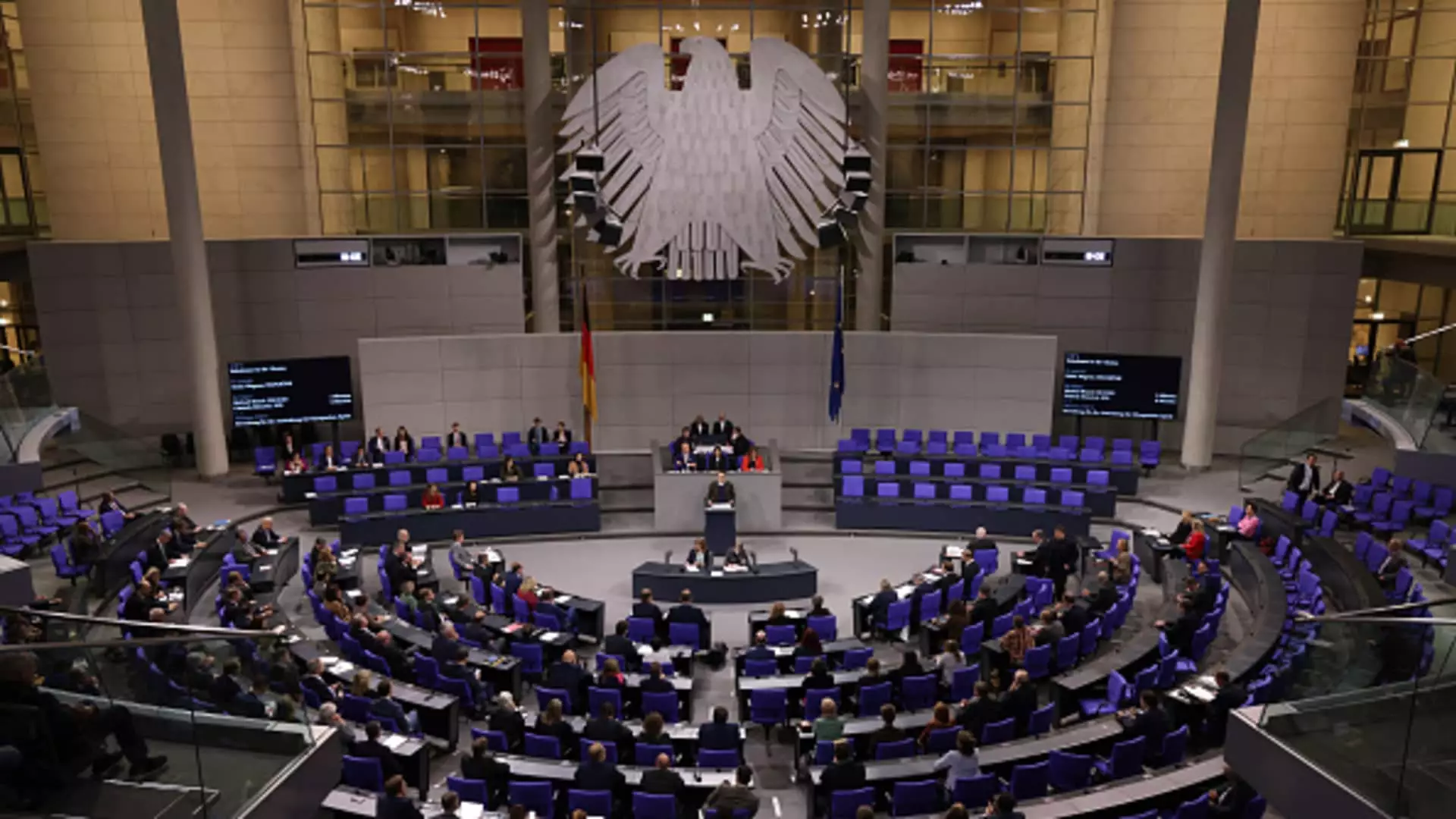In a significant shift in German politics, President Frank-Walter Steinmeier announced the dissolution of the Bundestag, Germany’s lower house of parliament, paving the way for snap elections scheduled for February 23. This decision follows the breakdown of Chancellor Olaf Scholz’s three-party coalition, which has faced mounting challenges and a loss of credibility. Steinmeier emphasized the necessity for a stable and capable government in times of adversity, asserting that early elections will provide the opportunity for a fresh start. As the nation grapples with internal political strife and external pressures, the need for effective governance cannot be understated.
In his address from Berlin, Steinmeier articulated the necessity for fairness and transparency in the upcoming election campaign. He warned against external influences that could jeopardize the integrity of democratic processes—highlighting the potential dangers of both covert and overt manipulations, particularly in the digital age. As social media platforms become increasingly influential in shaping public opinion, the integrity of election campaigns must be safeguarded against such threats. Steinmeier’s remarks serve as a clarion call to both political players and citizens to remain vigilant against forces that seek to undermine democracy.
Chancellor Scholz, stepping into a caretaker role, will lead until a new government is formed. His administration has been significantly weakened following a recent confidence vote where the departure of Finance Minister Christian Lindner’s Free Democrats left Scholz without a parliamentary majority. The current political environment has set the stage for intense election campaigning, with opposition leader Friedrich Merz of the conservative party gaining traction. Merz’s critique of the government accuses it of imposing overly burdensome regulations that hinder economic growth—a sentiment that resonates with significant segments of the electorate.
Current polling data illustrates a sharp decline for the Social Democrats (SPD), positioning the conservatives ahead by more than ten points. Moreover, the far-right Alternative for Germany (AfD) has emerged as a formidable contender, now surpassing the SPD in some surveys. The presence of the AfD complicates the political landscape, as mainstream parties remain resolute in their refusal to collaborate with them. This obstacle could lead to unpredictable coalition formations that may struggle to maintain stability in governance.
As Germany stands on the brink of a significant electoral event, the implications of these developments extend beyond the immediate political sphere. The upcoming elections will not only determine the future leadership but also test the resilience of Germany’s democratic institutions. In a climate saturated with skepticism and emerging challengers, the country must grapple with how best to cultivate a government that is both responsive and accountable to its citizens. The road ahead is fraught with hurdles, but with a commitment to transparency and integrity, there is an opportunity for renewal amidst the political turmoil.


Leave a Reply